16 People Who Believed In Something And Sacrificed Everything
Using hyperbole within a serious public discourse is dishonest, disingenuous and potentially dangerous. So when you read words like, “everyone,” “no one,” “always,” and “never,” run for the hills—an overstatement of grandiose proportions is probably headed your way.
Such was the case when Nike famously (or infamously, depending on your perspective) launched a campaign that included former NFL quarterback Colin Kaepernick. If you don’t know who Kaepernick is, you should probably get out of the house more often—or at least check your Internet news feed at least once a year.
As a quick refresher, Kaepernick was the first NFL player to kneel during the pre-game performing of the National Anthem as a protest against racial injustice in the United States. This led to several other players following suits with various forms of protest, which then set off a public firestorm that included harsh criticism from then presidential candidate Donald Trump—criticism that has continued throughout his presidency.
Since the end of the 2016 season, Kaepernick has remained unemployed in the NFL. This is a complicated matter and requires a separate discussion altogether. But let’s get back to the original point—the Nike ad in question, which displayed a close-up shot of Kaepernick’s face with the following copy:
“Believe in something. Even if it means sacrificing everything.”
Unfortunately, people on both sides of the debate took the bait. On Twitter, argumentative folks predictably fell back into their default positions. You either loved the ad because Kaepernick is your favorite social justice warrior or you hated the ad because Kaepernick was the first to inspire the protests that caused all the trouble in the first place.
And it quickly devolved into nothing more than the ideological shouting match du jour:
“Why would Nike use the guy who hates America as the face of their ad campaign?”
Or…
“What a brave decision Nike made! Colin Kaepernick has sacrificed so much for the cause of justice and equality!”
Both are ridiculous sentiments.
Colin Kaepernick doesn’t hate America. He may not like what he perceives is happening in minority communities (in particular, the highly publicized deaths of unarmed black civilians at the hands of police officers i.e. Michael Brown, Walter Scott, etc.), but he doesn’t hate America.
Conversely, however, Colin Kaepernick has absolutely not sacrificed everything. It’s debatable whether he’s sacrificed anything at all. Some will argue that he sacrificed his career. There’s currently a lawsuit against the NFL that will determine how true that may or may not be.
But in the meantime, in the months since his unceremonious departure from the league, Kaepernick has become even more famous than he was as a Super Bowl quarterback for the 49ers, has been receiving a seven-figure check from Nike for simply being on contract with the shoe behemoth, and has been able to give away $1 million dollars to various non-profit organizations without putting a dent in his estimated personal worth of $20 million.
That’s sacrificing everything?
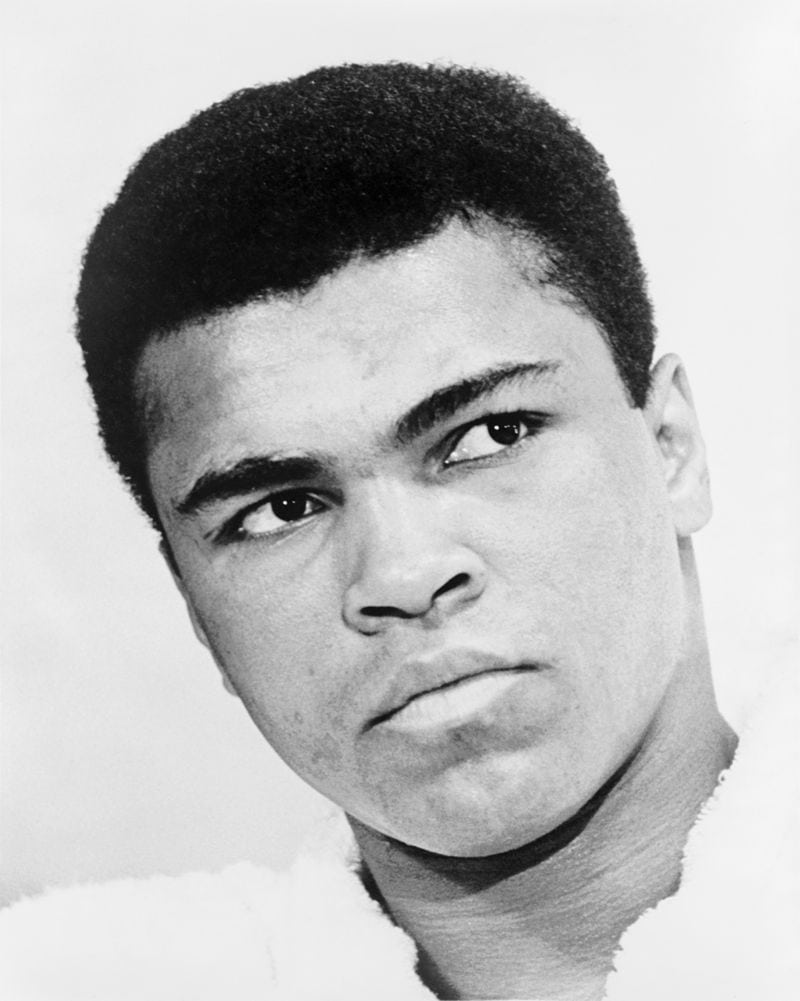 Has he sacrificed more than Muhammed Ali did when he refused to go into military service citing his religious beliefs? Ali did jail time, lost opportunities to fight during his prime, and was stripped of his heavyweight title.
Has he sacrificed more than Muhammed Ali did when he refused to go into military service citing his religious beliefs? Ali did jail time, lost opportunities to fight during his prime, and was stripped of his heavyweight title.
Has he sacrificed more than Rosa Parks did when she refused to go to the back of the bus? She was arrested and suffered financial hardships due to her unpopular stance in segregated Montgomery, Alabama.
Has he sacrificed more than Charles Mulli did when he sold his multi-million dollar business in Kenya to start an orphanage and adopt hundreds of street kids and serve thousands more?
Has he sacrificed more than Mother Theresa did when she committed herself to a life of poverty while caring for the unwanted children of Calcutta?
Has he sacrificed more than Jackie Robinson did who courageously endured relentless racial attacks while breaking Major League Baseball’s color barrier?
Has he sacrificed more than John McCain did who bravely endured torture as a prisoner of war in Vietnam?
Those people didn’t lose their lives, but they did sacrifice quite a bit in the process of standing up for what they believed. And that’s why using emotionally charged words like “sacrificing” alongside hyperbolic words like “everything” is so problematic.
If that’s not convincing enough, perhaps we should take a look at 16 people (or groups) throughout history that literally sacrificed everything for what they believed and then juxtapose their sacrifices against the purported sacrifice of an unemployed NFL quarterback:
The Early Christians are among some of history’s earliest and most tragic examples of sacrificing everything for a singular belief. It started around 35 A.D., with the first apostles (Stephen, James, etc.), escalated with Nero’s anti-Christian efforts in 64 A.D. (and the subsequent deaths of Peter and Paul) and continued until the early 300s. During that time, Christians were tortured, crucified, burned to death, boiled in oil, beheaded, and fed to the lions for sport.
William Tyndale is most famous for translating the Greek and Hebrew Christian texts into one of the first English Bibles. But he made the ultimate sacrifice when he stood up for his beliefs in scriptural truth and challenged King Henry VIII’s planned annulment of his marriage to Catherine of Aragon. In 1536, Tyndale was strangled to death and then burned at the stake.
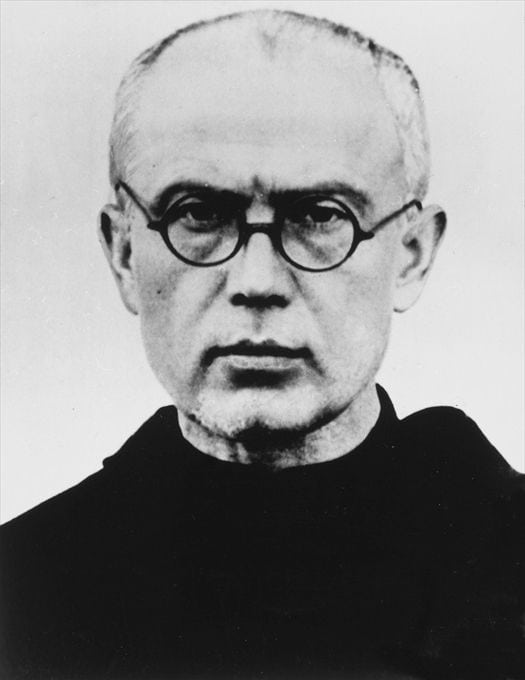 Maximilian Kolbe was a Polish Franciscan friar who actively worked to hide Jews from the Nazis during World War. In 1941, Kolbe volunteered to take the place of a stranger who was going to be starved to death (along with nine others) at the infamous German concentration in Auschwitz. After two weeks, Kolbe was the last remaining survivor when the guards executed him with a lethal injection of carbolic acid.
Maximilian Kolbe was a Polish Franciscan friar who actively worked to hide Jews from the Nazis during World War. In 1941, Kolbe volunteered to take the place of a stranger who was going to be starved to death (along with nine others) at the infamous German concentration in Auschwitz. After two weeks, Kolbe was the last remaining survivor when the guards executed him with a lethal injection of carbolic acid.
The Four Chaplains were four U.S. Army chaplains serving on the SS Dorchester during World War II. In 1943, while en route to Greenland, the boat was attacked by a German submarine and began to sink. The chaplains—George L. Fox, Alexander D. Goode, Clark V. Poling, and John P. Washington, helped the soldiers board lifeboats and gave up their own life jackets when the supply ran out. As they descended into the water, the four men joined arms, said prayers, and sang hymns until they drowned to death.
The Allied Soldiers at Normandy knew their mission was nothing short of suicide. On June 6, 1944. It’s impossible to know how many died that day, but the estimates range somewhere between 2,500 and 5,000 for the American soldiers alone and upward of 6,000 to 7,500 in total. Although the cost was high, it was an important victory that would eventually lead to Hitler’s demise.
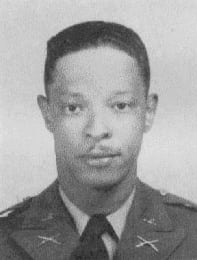 Lt. John Robert Fox was an American artillery officer who was killed in the line of duty while exhibiting his belief in the oath to serve and protect. While stationed in northern Italy, his position was overrun by a German attack. Fox deliberately drew the enemy’s artillery fire in order to give his troops an opportunity to win the battle. In 1997, he posthumously received the Medal of Honor.
Lt. John Robert Fox was an American artillery officer who was killed in the line of duty while exhibiting his belief in the oath to serve and protect. While stationed in northern Italy, his position was overrun by a German attack. Fox deliberately drew the enemy’s artillery fire in order to give his troops an opportunity to win the battle. In 1997, he posthumously received the Medal of Honor.
Dietrich Bonhoeffer was a German pastor and noted anti-Nazi dissident during World War II. His vocal opposition to euthanasia and the persecution of the Jews led to an arrest and year and a half imprisonment until his execution by hanging in April of 1945.
Cuban Refugees were fleeing Fidel Castro’s dictatorial Communist regime in massive numbers from 1959 throughout the mid-1960s along with other pockets throughout the 70s, 80s, and 90s. While hundreds of thousands made is safely to U.S. soil, an estimated 60,000 died due to treacherous conditions.
Medger Evers was one of the first high profile casualties of the civil rights movement. Like his contemporary Martin Luther King Jr., Evers believed in racial equality and paid the ultimate price for it. Under constant threat of attack, Evers was shot to death by a sniper as he walked to the front door of his house.
 Reverend Martin Luther King Jr. is the most famous civil rights leader in U.S. history—so much so that he has a federal holiday in his honor. Even though he had many legitimate threats on his life, King forged ahead with his powerful message of racial equality amid one of America’s most divided periods in history. Ultimately, his bold stance and unwillingness to cower in the shadows cost his life when James Earl Ray assassinated him with a sniper’s bullet in Memphis, Tennessee, on April 4, 1968.
Reverend Martin Luther King Jr. is the most famous civil rights leader in U.S. history—so much so that he has a federal holiday in his honor. Even though he had many legitimate threats on his life, King forged ahead with his powerful message of racial equality amid one of America’s most divided periods in history. Ultimately, his bold stance and unwillingness to cower in the shadows cost his life when James Earl Ray assassinated him with a sniper’s bullet in Memphis, Tennessee, on April 4, 1968.
The 9/11 First Responders who ran into the smoldering Twin Towers on September 11, 2001, must have known that they were putting their lives in peril. A total of 412 firefighters, police officers, and EMTs died trying to save those fleeing the buildings and surrounding area.
Jenni Phillips and Elizabeth Joice are just two of many known mothers who have made the difficult decision to forego medical treatment in exchange for the life of their unborn babies. In 2010, Joice turned down lung cancer treatment to save her baby’s life. In 2011, Phillips, age 17, likewise skipped her cancer treatment knowing that it would terminate her unborn child. Both women died just weeks after giving birth.
Yannick Minvielle was one of 130 people killed by terrorists in Paris on November 13, 2015. Minvielle, the father of one child, was enjoying a concert at the Bataclan when gunshots rang out. He heroically jumped in front of his girlfriend and gave up his life to save hers.
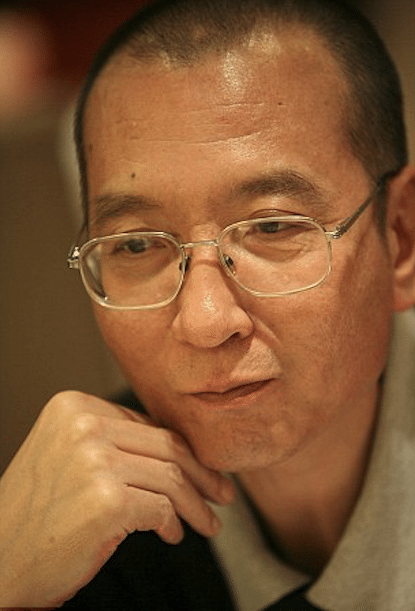 Liu Xiaobo was referred to as “China’s Nelson Mandela.” He vociferously spoke out against the Communist regime and was famously involved in the 1989 Tiananmen Square protests. Xiaobo was imprisoned for 16 combined years and was awarded the 2010 Nobel Peace Prize during his final prison stay. In July of 2017, he died of liver cancer just weeks after being granted medical parole.
Liu Xiaobo was referred to as “China’s Nelson Mandela.” He vociferously spoke out against the Communist regime and was famously involved in the 1989 Tiananmen Square protests. Xiaobo was imprisoned for 16 combined years and was awarded the 2010 Nobel Peace Prize during his final prison stay. In July of 2017, he died of liver cancer just weeks after being granted medical parole.
International Aid Workers in Iraq such as Margaret Hassan have routinely put their lives in danger since the end of the Saddam Hussein regime ended in 2003. Hassan went missing in 2004 and has long been presumed dead; her body never recovered. Dangerous conditions for aid workers have continued in recent years with the rise of terrorist groups in the region. Dr. Paul Kingery of MedEast (an NGO that serves displaced people groups in Northern Iraq) reported one horrific story in which an ISIS fighter tempted aid workers to rescue a Yazidi woman’s baby that he had placed in the middle of road. At least three people tried but were mercilessly gunned down before they could successfully retrieve the baby. Although some gave the ultimate sacrifice, the baby was eventually saved and placed in an orphanage.
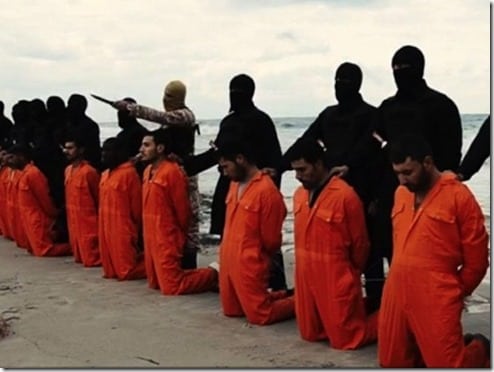 The Modern Persecuted Christian Church doesn’t get much media attention, but it’s a reality that’s been taking place all over the world for decades and is only getting worse. Some of the most dangerous places for Christians include Afghanistan, Algeria, Bangladesh, Bhutan, China, Egpyt, Indonesia, Iran, Iraq, Malaysia, Nigeria, North Korea, Pakistan, Saudi Arabia, Senegal, Somalia, Sudan, Syria, Tajikistan, Tunisia, Turkey, and Yeman. Sometimes the threat is from extreme religious groups. Other times, the danger lies within the national government. Imprisonments, torture, bombings and executions are some of the daily risks these people take for standing up for what they believe in.
The Modern Persecuted Christian Church doesn’t get much media attention, but it’s a reality that’s been taking place all over the world for decades and is only getting worse. Some of the most dangerous places for Christians include Afghanistan, Algeria, Bangladesh, Bhutan, China, Egpyt, Indonesia, Iran, Iraq, Malaysia, Nigeria, North Korea, Pakistan, Saudi Arabia, Senegal, Somalia, Sudan, Syria, Tajikistan, Tunisia, Turkey, and Yeman. Sometimes the threat is from extreme religious groups. Other times, the danger lies within the national government. Imprisonments, torture, bombings and executions are some of the daily risks these people take for standing up for what they believe in.
This is a short but very real list that reflects true sacrifice, which included giving up the most valuable thing all humans have—our lives.
I’m not mad at Colin Kaepernick for taking a knee or for standing up for something or for even being a part of this ad campaign. I have philosophical disagreements with some of his assertions and don’t think he’s thought through some of his actions (wearing socks depicting police officers as pigs) and commentary (praising Fidel Castro’s record on education and prison reform). If anything, I’m saddened that he has allowed someone to convince him that he has earned the right to be mentioned in the same conversation as these aforementioned people—people who were true martyrs for their beliefs—whether those beliefs were religious, civil, social, or otherwise.
I’m am, however, disappointed in Nike for using this proverbial political football within an advertising campaign and sending a very wrong message to the American people, which dilutes the meaning of the word “sacrifice.”
But, I’m perhaps most disappointed in the American people in general—on both sides of the argument—for falling for it and not being able to see the lunacy of it all.
SCENES Media wants to hear from you on this topic. Let us know any names of people not listed and share why they should also be honored.

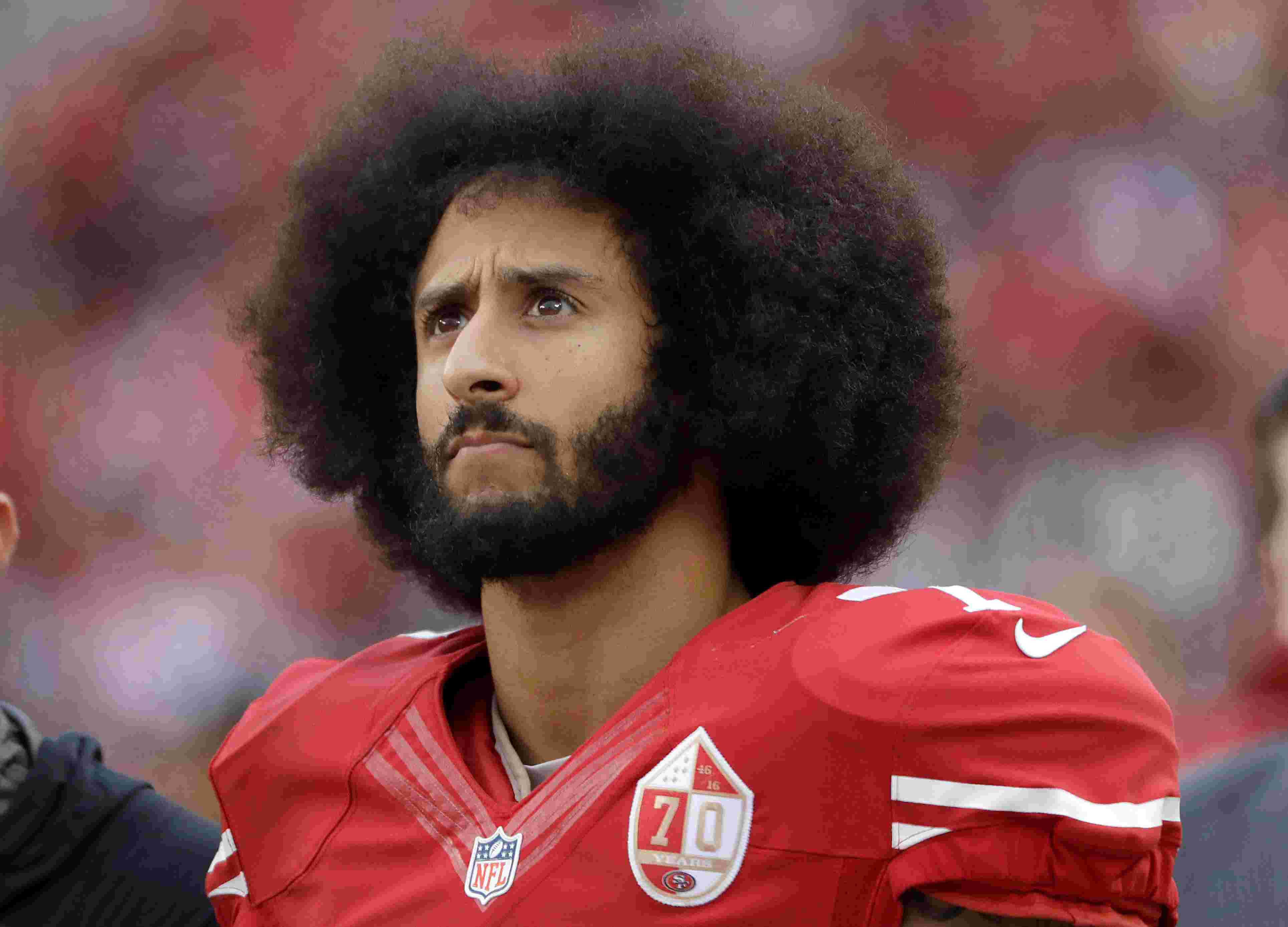
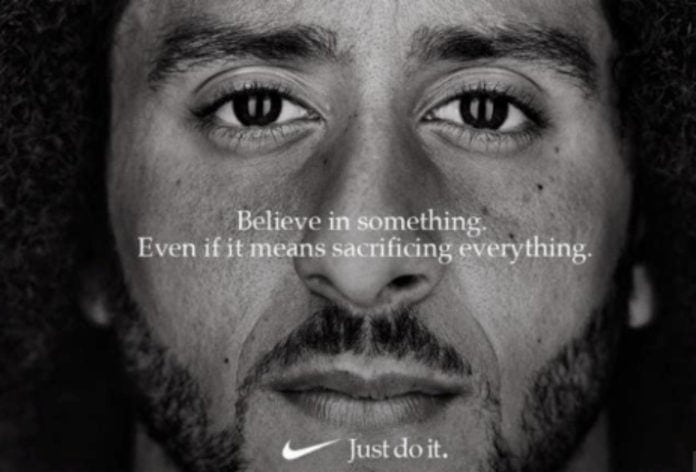

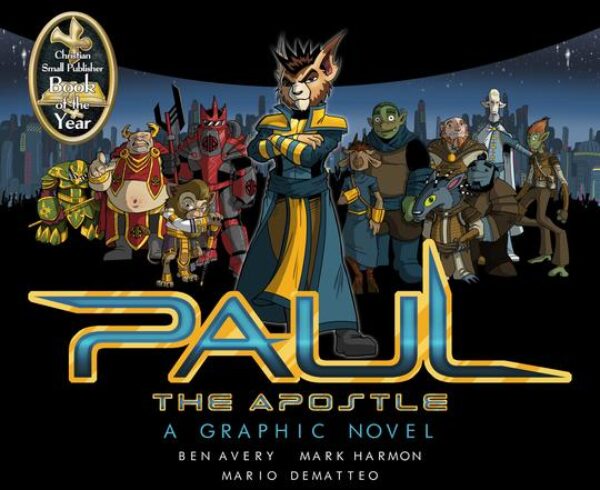

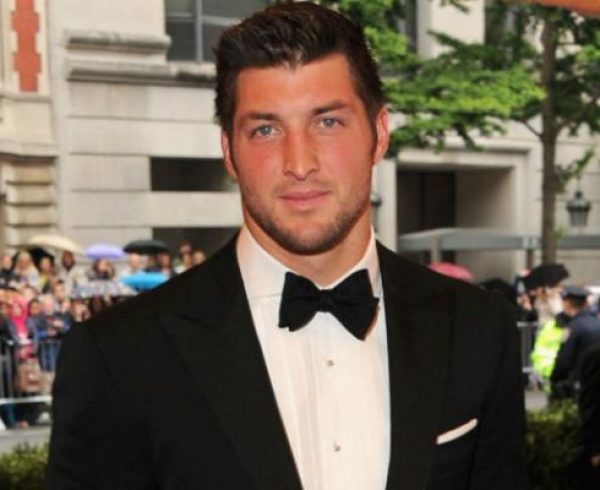








I really like this article for its objectivity. Kaepernick showed great bravery in standing up for an issue that is very complicated and very sad. He definitely goes too far as you mentioned. I agree completely. However, All white people, like me, need to try to understand how hard it must be for black parents to have to worry about their kids treatment by both the bad guys and the police. As a white parent, I don’t have that concern at all. If a black person from a poorer neighborhood is killed, it gets five minutes on the local news unless it involves the police. If a wealthy white person is murdered, it is a huge deal and gets tons of attention, media coverage, and police investigation. This is part racial and part socioeconomic but it is certainly not fair or what God intended. So there are certainly two America’s and that deserves our thoughtful attention and prayers.
Hasn’t sacrificed everything: Colin Kaepernick
Has sacrificed everything: the modern Christian Church (in some countries)
You say the phrase had been made too broad, yet your definition categorically includes over a billion people.
Im glad you’re honest and upfront with your bias. As a whole I like your list, I’m glad I googled “people who sacrifice.” Good read. 4/5